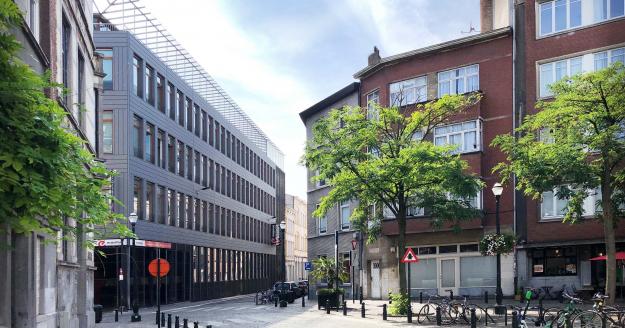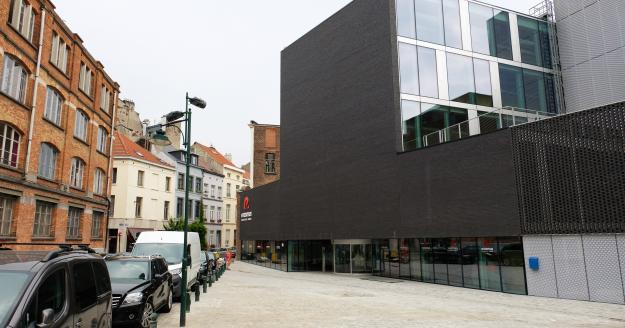
Secondary Education
Social & Spatial Justice
Students gain knowledge and an understanding of the complexities of social and spatial justice through lectures, external activities and working lectures. This promotes their global citizenship and critical attitude towards social issues. In doing so, they explore themes from a rather theoretical point of view.
6
Skills lab: Exploring Transdisciplinarity
The course component focuses on developing transdisciplinary skills through hands-on activities and external visits or workshops. Students learn the added value of interdisciplinarity and how to collaborate on innovative solutions from different disciplines. They also explore the concept of transdisciplinarity and how it can be translated research-wise. Therefore it includes strengthening the research competences of (international) students from an interdisciplinary point of view.
6
Internship: Trandisciplinary Research into Practice
Students gain practical experience through workplace learning and integrate together with fellow students their ‘transdisciplinary’ research in practice, supported by coaching and working lectures. This fosters their entrepreneurial spirit and ability to work in diverse teams and develop innovative solutions.
18
Contact
Address
Erasmushogeschool Brussel
Campus Bloemenhof
Zespenningenstraat 70, 1000 Brussel
Campus Kanal
Slotstraat 28, 1000 Brussel
Contact for Erasmus students
Erasmus Coordinator Secondary Education: willem.lauryssen@ehb.be
Coordinator Non-European Students Secondary Education: griet.deknopper@ehb.be
International Office: international.office@ehb.be
International Office - Coordinator for incoming students: karen.laleeuwe@ehb.be






